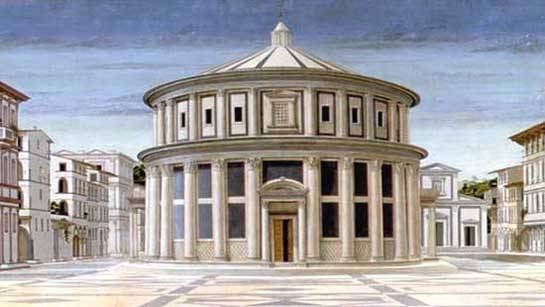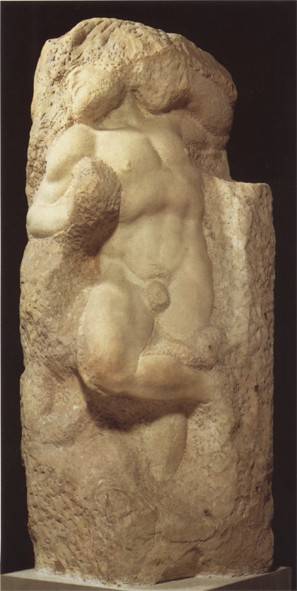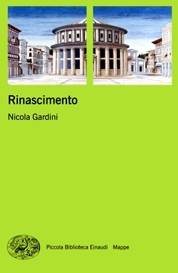Renaissance at Casa Italiana Zerilli-Marimò
Monday evening, Casa Italiana Zerilli-Marimò hosted Nicola Gardini for the presentation of his latest book, Rinascimento [Renaissance], Einaudi, 2010. Gardini, who received his Ph.D. in Comparative Literature at New York University, is now Lecturer in Medieval and Modern Languages at Oxford. He was introduced by his former advisor and mentor Daniel Javitch, Professor of Comparative Literature, NYU; Stefano Albertini, Director of Casa Italiana; and Jane Tylus, Professor of Italian Studies and Director of the Humanities Initiative, NYU.
“This project aims at the heart of the Renaissance,” Gardini explained, “which I identify more with a culture and a mentality than with an historical period. I wanted to tell a story that would also reach a non-academic public and I wanted it to be about literature.”
The literary angle is a distinctive feature of the book and it allows the author to explore the soul of the Renaissance to unprecedented depths. Renaissance means re-birth, yes, but the stirring, in Gardini’s vision, like the awakening from a beautiful dream, is more thoughtful and painful than the re-discovery of antiquity is commonly held to imply. Gardini’s focus is temporality: the discovery of secular time and the understanding of being and asserting oneself within it.
But with the discovery of time comes, necessarily, the knowledge of its passing, just as the unearthing of the past is also the revelation of its loss. And yet, noble poet scholars from Petrarch to Ariosto, Poliziano, Machiavelli and Guicciardini labored all the same to bring the monumental fragments they uncovered to light. And Gardini discusses their projects with the subtlety of an author who has toiled over the very same texts which kept their candles burning late into the night.
Rinascimento’s titles speak to the lyrical inspiration behind Gardini’s efforts: “Time and Things”, “Virgil’s Real Name”, “The Historian and the Poet”, “The Wound of Being”, “The Shadow of Others”, “Congedo”. Likewise, his poignant conclusion summarizes the dialectic between recovery and loss inherent in the “new” knowledge of history. “Born to conquer time, the Renaissance ends by surrendering to it.”
Scholar, poet and essayist, Gardini was educated in Classics at the University of Milan. He is the author of numerous important literary studies, critical editions and translations. His most controversial book, I baroni [The Barons], a memoir on corruption in the Italian university system, sent shockwaves through the Italian press. Ted Hughes, Emily Dickinson and W.H. Auden are just a few of the poets he has translated into Italian.








































i-Italy
Facebook
Google+
This work may not be reproduced, in whole or in part, without prior written permission.
Questo lavoro non può essere riprodotto, in tutto o in parte, senza permesso scritto.